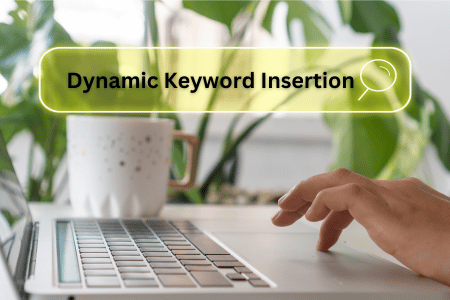Google Analytics 4 (GA4) recently rolled out an update to its attribution models aimed at improving the accuracy of conversion credit tracking. This significant change could have a substantial impact on how businesses allocate their paid search budgets.
Previously, the default attribution model in GA4 was Last Click, which attributed all conversions to the last click a user made before completing a conversion. This could lead to underestimating the impact of earlier touchpoints in the customer journey.
With the new update, GA4 offers more advanced attribution models, such as Data-Driven Attribution and Custom Attribution. These models can provide a more accurate picture of how different marketing channels contribute to conversions.
Potential Implications for Paid Search Budgets:
- Increased Attributed Conversions: As more conversions are accurately attributed to paid search, businesses may see an increase in the perceived effectiveness of their campaigns.
- Shift in Budget Allocation: This could lead to a shift in budget allocation, potentially favouring paid search over other marketing channels.
- Re-evaluation of Marketing Strategies: If the update significantly impacts your paid search attribution, you may need to reassess your overall marketing strategy to ensure it aligns with your goals.
To ensure that your business is prepared for this update, we recommend the following:
- Monitor Your Campaign Performance Closely: Keep a close eye on your key metrics, such as click-through rate (CTR), conversion rate, and cost per acquisition (CPA), to identify any changes in performance.
- Leverage Advanced Attribution Models: Experiment with different attribution models in GA4 to determine which one best reflects your customer journey.
- Reassess Your Budget Allocation: Based on the insights gained from attribution modeling, evaluate your current budget allocation to paid search and make necessary adjustments.
- Consider Diversification: While paid search can be highly effective, consider diversifying your marketing efforts to reduce reliance on a single channel.
- Partner with a Trusted PPC Agency: Working with a team of experienced PPC professionals can help you navigate these changes and optimize your campaigns for maximum ROI.
By understanding the potential implications of this update and taking proactive steps, businesses can ensure that their paid advertising budgets are aligned with their marketing goals and deliver maximum ROI.
At DOC Marketing, we're committed to staying ahead of the curve and helping our clients adapt to the ever-changing landscape of paid advertising.



